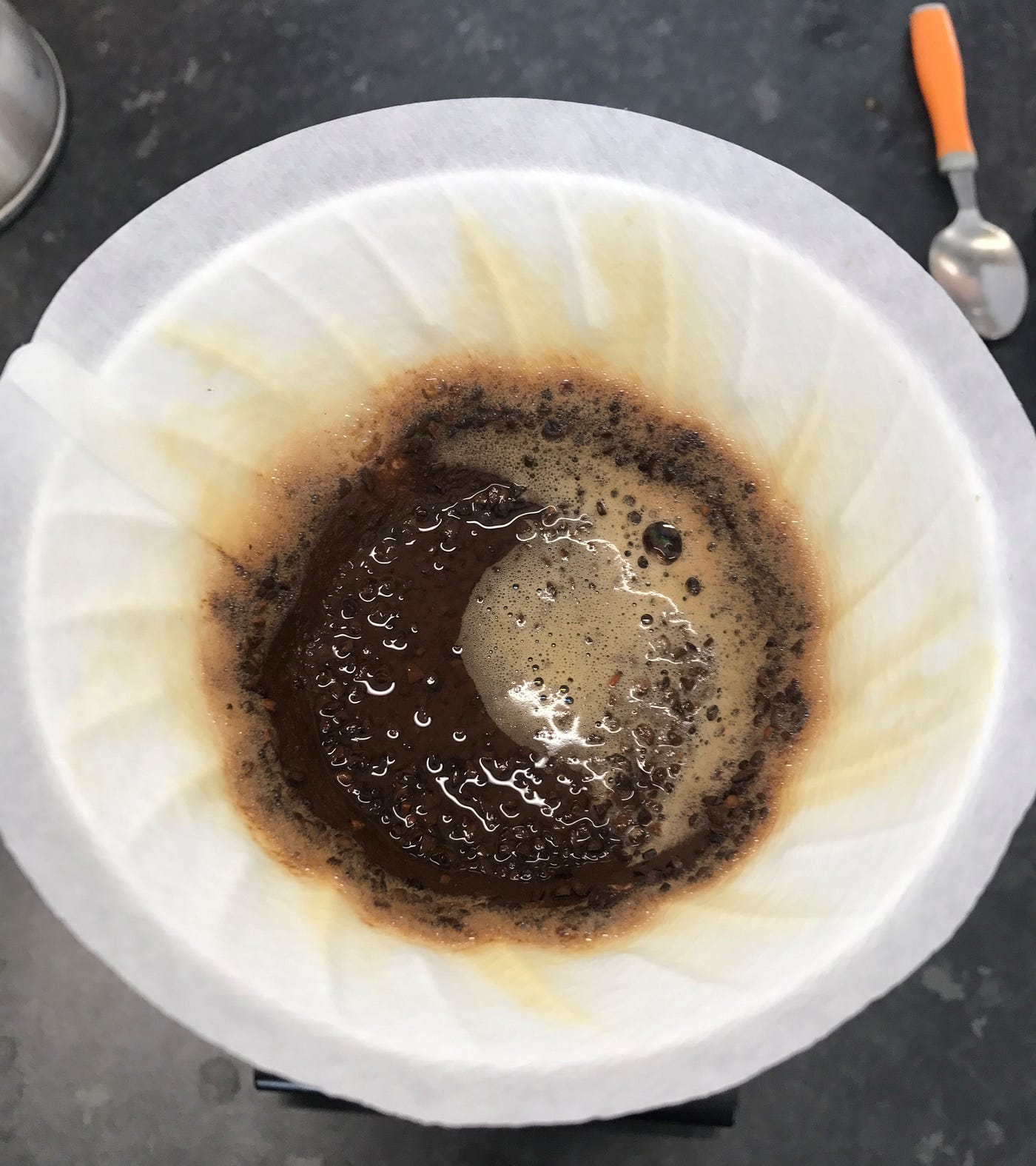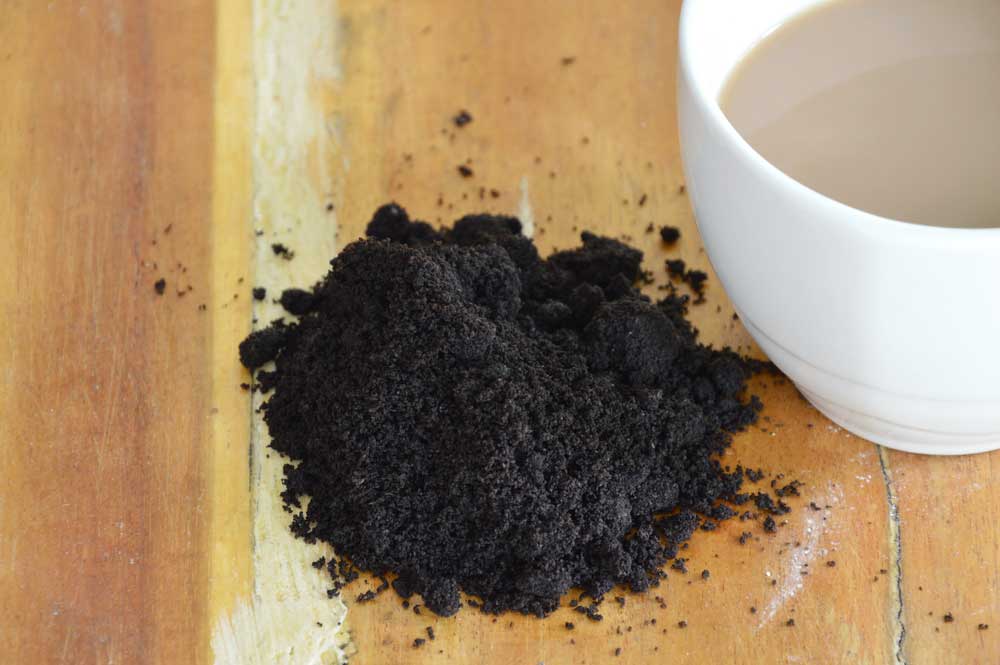Can You Dispose of Coffee Grounds Down the Sink? - Key Considerations
Can You Dispose of Coffee Grounds Down the Sink? - Key Considerations
Blog Article
Are you currently trying to find critical info Is it safe to dispose of coffee grounds down the sink??

If you're a passionate coffee drinker, you could be questioning the very best way to deal with your coffee premises. While it might seem hassle-free to wash them down the sink, this practice can bring about a number of concerns for both your plumbing and the atmosphere. In this article, we'll discover whether it's safe to place coffee grounds down the sink and go over alternative disposal techniques to take into consideration.
Alternatives to Disposing of Coffee Grounds
Trash Disposal
If you do not have a composting arrangement, another choice is to merely throw your coffee grounds in the trash. Make sure to secure them in a compostable bag or container to prevent odors and leakage. While this technique doesn't use the very same ecological advantages as composting, it's a safe and convenient way to deal with coffee grounds.
Composting
One environment-friendly choice for throwing away coffee premises is to compost them. Coffee grounds are abundant in nitrogen, making them an excellent addition to compost heap or bins. As they decay, they include nutrients to the soil, improving its fertility and structure.
Threats of Putting Coffee Grounds Down the Sink
Plumbing Issues
Among the key interest in taking care of coffee premises down the sink is the risk of clogging your pipes. Coffee premises don't dissolve in water and can gather gradually, forming a thick sludge that can block drains pipes and bring about expensive plumbing repair services.
Ecological Impact
Beyond the possible damage to your plumbing, putting coffee premises down the sink can additionally harm the atmosphere. When cleaned right into the sewage system, coffee grounds can contribute to obstructions in sewage system lines and therapy facilities. Additionally, the high concentration of organic matter in coffee grounds can diminish oxygen degrees in rivers, adversely affecting water life.
Tips for Proper Disposal
Normal Maintenance
No matter just how you select to dispose of your coffee grounds, it's essential to maintain your plumbing routinely. Schedule routine drainpipe cleanings to remove any kind of accumulation and guarantee that your pipes continue to be clear and free-flowing.
Utilize a Sink Strainer
To prevent coffee premises from entering your sink's drain to begin with, think about using a sink strainer. These affordable tools catch strong particles, including coffee premises, avoiding them from causing clogs.
Conclusion
While it might be appealing to wash coffee premises down the sink for benefit, doing so can have serious effects for your plumbing and the environment. Instead, take into consideration composting your coffee premises or getting rid of them in the garbage. By embracing liable disposal techniques, you can appreciate your coffee guilt-free while decreasing your eco-friendly impact.
Coffee Grounds Down The Drain: Are They OK?
Can Coffee Grounds Go Down the Sink?
You may be thinking, “But I pour them down the sink drain every day and I’ve never had a clogged drain!” You see, coffee grounds come from coffee beans, which are virtually rock hard by the time they’re ground and brewed. You certainly wouldn’t want to grind up the pit from a peach, apricot, or nectarine that is about just as hard because they wouldn’t break down like other foods, and it’s the same with coffee beans!
If you usually grind coffee beans in the garbage disposal because it seems the cleanest and convenient, we don’t fault you for that. And anyone who has ever had to clean up the trash with spilled coffee grounds after a dog got into it would understand the rationale. Unfortunately, coffee grounds do not break down in water, so instead of grinding up and washing away as normal foods do in a garbage disposal, they clump together and as time goes by, the grounds can form a clump and pack the drain until it develops a clog.
What to Do With Coffee Grounds
So, what do you do with coffee grounds if you can't put them down the drain? You could of course just throw them in the garbage, but we encourage you to give these practical uses for them a try!
Since coffee grounds contain key minerals for plant growth, you can use them to fertilize your garden. Coffee grounds not only fertilize gardens because they are mineral-rich, but they are also great at absorbing contaminants in the soil, particularly heavy metals. Coffee grounds are said to attract worms, which help gardens flourish. You can use coffee grounds as fertilizer by sprinkling them around your plants. You can compost your coffee grounds and use them at a later time. Coffee grounds are great insect repellents when you place them in bowls or sprinkle them around the areas you want to repel insects. To remove fleas from your dog or cat, simply shampoo your pet then rub coffee grounds throughout their fur. Rinse them off and dry as usual. Like baking soda, used coffee grounds can eliminate odors. You can place them in a bowl in the fridge and let them do the work! Mix coffee grounds with coconut oil for a wonderful face or body scrub, or to reduce the appearance of cellulite. https://www.wintershomeservices.com/blog/2019/august/coffee-grounds-down-the-drain-are-they-ok-/

Do you enjoy reading up on Can Coffee Grounds Go Down the Drain or Sink?? Try to leave a remark down below. We'd be delighted to find out your ideas about this blog entry. We are looking forward that you come back again before long. Are you aware of another person who is excited about the subject? Why not share it. Bless you for your time. Don't forget to check up our blog back soon.
Book Your Installation Report this page